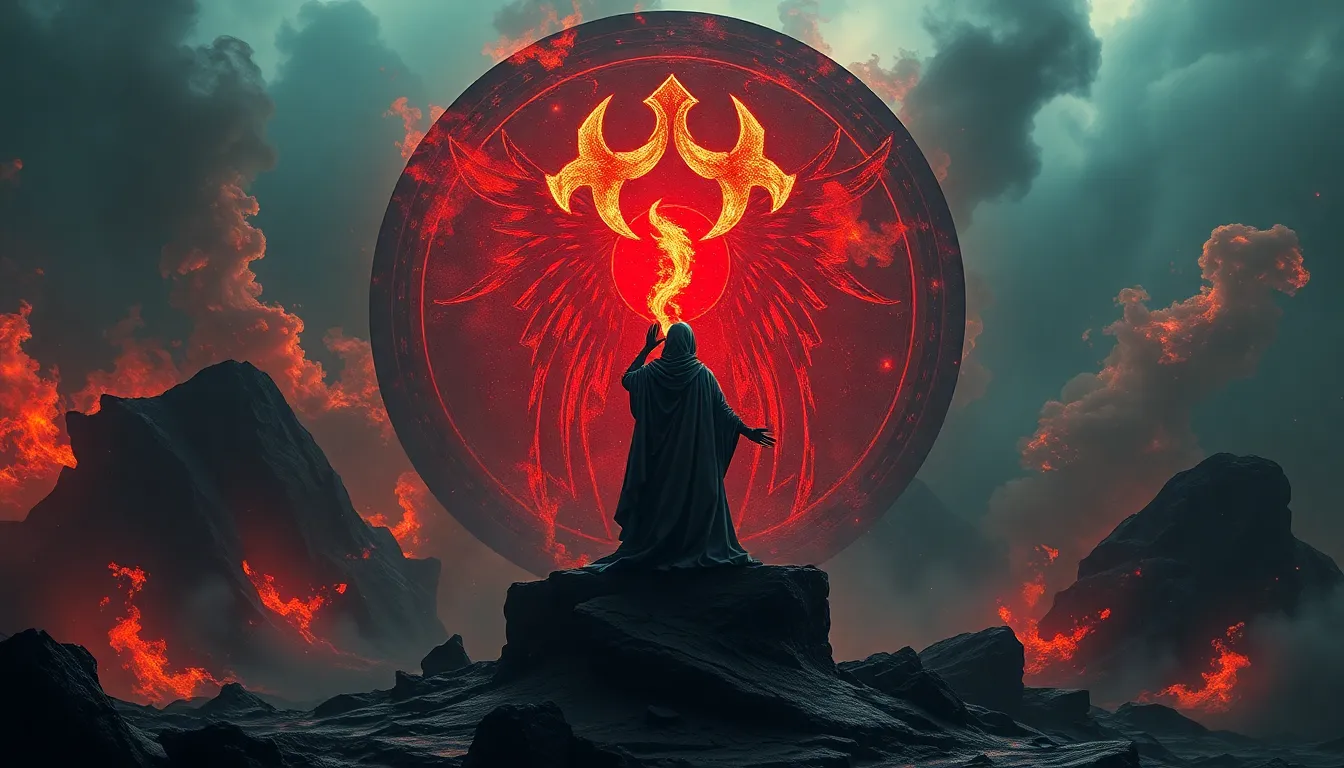Divine Punishments: The Myths That Will Leave You Shaken
Introduction to Divine Punishments
The concept of divine punishment has been a significant aspect of human belief systems across various cultures and religions for centuries. It refers to the idea that a higher power administers retribution for moral transgressions, ensuring that justice is served beyond the earthly realm. Understanding these myths is essential as they shape moral compasses, societal norms, and individual behaviors.
Historical Context of Divine Punishments
Throughout history, ancient civilizations have grappled with the notion of divine justice. From the Egyptians to the Mesopotamians, societies often created elaborate narratives that explained the consequences of human actions. Key texts such as the Epic of Gilgamesh and the Book of Job illustrate the struggles between humanity and divine forces, highlighting the belief in retribution. Artifacts such as temple inscriptions and ancient legal codes further cement the idea that the divine was intricately involved in administering justice.
The Role of Religion in Shaping Myths
Religion plays a pivotal role in how societies interpret and understand divine punishment. Major religions offer distinct perspectives on the subject:
- Monotheistic Religions: In religions like Christianity, Islam, and Judaism, divine punishment is often viewed as a way to uphold moral order, with God serving as a judge who rewards the righteous and punishes the wicked.
- Polytheistic Religions: In contrast, polytheistic beliefs, such as those in ancient Greece and Rome, often depict gods as having human-like flaws, leading to a more capricious form of divine retribution.
Popular Myths of Divine Punishments
Numerous myths from various cultures showcase the theme of divine punishment:
- Greek Mythology: The tale of Prometheus, who stole fire from the gods, illustrates severe punishment as he is eternally bound to a rock where an eagle feasts on his liver.
- Norse Mythology: The punishment of Loki, who is bound and tormented for his deceit, reflects the belief that wrongdoing must be met with severe consequences.
- Abrahamic Religions: The story of Sodom and Gomorrah serves as a warning against immorality, highlighting the belief that divine wrath can lead to destruction.
These myths often carry moral lessons, teaching followers about the consequences of their actions and the importance of ethical behavior.
Psychological Impact of Belief in Divine Punishment
The belief in divine punishment can significantly affect individual behavior and societal norms. It instills a sense of fear and accountability, often guiding moral decision-making. Case studies have shown that:
- Individuals who believe in divine retribution may experience heightened guilt and anxiety regarding their actions.
- Societies that embrace these myths tend to have strict moral codes, promoting behaviors that align with their religious teachings.
Contemporary Interpretations of Divine Punishments
In today’s society, the interpretation of divine punishments has evolved. While many still adhere to traditional beliefs, others adapt these myths to fit modern contexts. The influence of media and literature plays a crucial role in shaping current beliefs, presenting divine punishment narratives that resonate with contemporary audiences.
Divine Punishments in Pop Culture
Films, books, and television shows often depict themes of divine retribution, reflecting cultural significance and moral messages:
- Films: Movies like Se7en explore the consequences of sin through a modern lens, illustrating the idea of divine justice.
- Books: Novels such as The Divine Comedy offer allegorical representations of divine punishment and reward.
- Television Shows: Series like Supernatural regularly feature themes of divine intervention and punishment, engaging viewers with moral dilemmas.
These cultural products often serve to reinforce or challenge existing beliefs about morality and justice, illustrating the lasting impact of divine punishment myths.
Criticism and Debates Surrounding Divine Punishments
Philosophical arguments against the concept of divine punishment have gained traction, particularly from atheistic and agnostic viewpoints. Critics argue that:
- The idea of a just and loving deity is at odds with the concept of eternal punishment.
- Many moral frameworks can exist independently of divine influence, suggesting that morality is a human construct.
This debate raises essential questions about the nature of justice, morality, and the existence of a higher power.
The Future of Divine Punishment Myths
As societies become increasingly secular, beliefs in divine punishment may evolve. Predictions suggest that:
- Spirituality and alternative belief systems may reshape narratives around morality and justice.
- Humanistic values could lead to a decline in traditional views of divine retribution.
Understanding how these beliefs may change can help us navigate the complexities of morality in a rapidly evolving world.
Conclusion: The Lasting Impact of Divine Punishment Myths
In conclusion, the myths surrounding divine punishment have shaped human understanding of morality and ethics throughout history. From ancient civilizations to contemporary society, these narratives continue to influence individual behavior and societal norms. Reflecting on these myths allows us to appreciate their relevance in our quest for justice and understanding in an ever-changing world.



